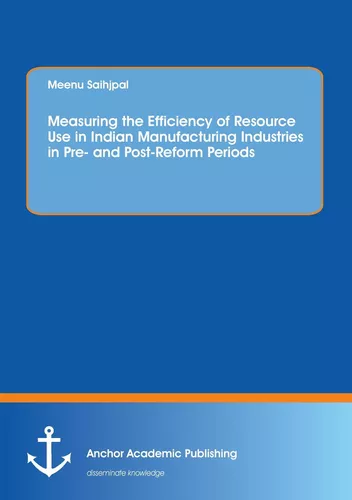Economists have come to believe that using resources efficiently can lead to differences in the growth rates of economies. Efficient use of resources is known to improve the standard of living of the people thereby increasing their welfare. However, initially ‘capital’ and later on ‘labour’ attracted the attention of the economists. The need for the efficient use of resources was only recognized as an important determinant in the growth of economies in the fifties. Economists believe that the developing countries in particular need to concentrate on improving the efficiency of their use of resources, since these economies have an increasing number of people to feed and proportionally little resources at their disposal. Whenever there is talk of efficiency regarding the use of resources it means that all the resources that are used in the process of production should be used efficiently. These resources are: capital, labour, raw materials, power, fuel and the skills of the entrepreneur. Efficiency is reflected in the unit or average cost of production and in the quality of goods.
Before the introduction of the reforms, the Indian industrial sector was characterized by numerous controls, which restricted internal as well as external competition. However, after the reforms such controls were loosened and it is now simply expected that the Indian industrial sector uses its resources efficiently.
The present study examines whether there have been significant reductions in the components of the average variable cost in the post-reform period as compared to the pre-reform period. Furthermore, it analyses whether there has been any noticeable increase in advertising expenditure of the firms in the post-reform period.
Eigene Bewertung schreiben





Es sind momentan noch keine Pressestimmen vorhanden.